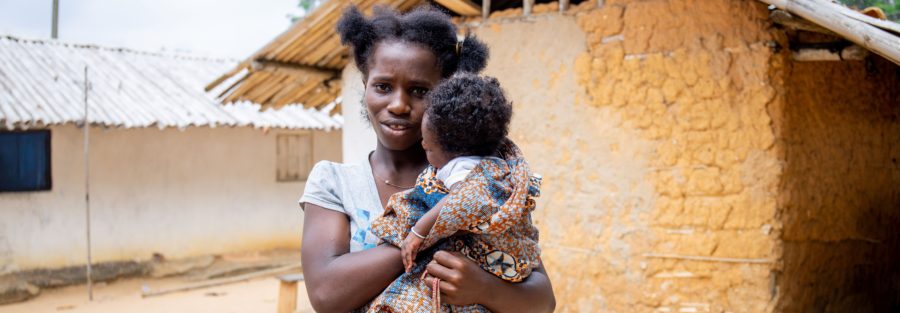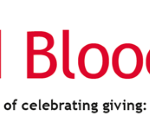Primary health care (PHC) remains critical for achieving universal health coverage (UHC) by reducing healthcare inequalities, particularly in deprived and vulnerable populations. Despite international efforts and substantial scholarship on access to PHC, the gendered nature of these services remains a critical dimension.
In Ghana, PHC delivery is significant in citizens’ well-being, especially in underserved communities. However, barriers such as inadequate resources, long travel distances, high service costs, and social constraints prevent many women and girls from accessing quality PHC. Addressing these barriers requires integrating gender sensitivity into service delivery processes, training, and policies, as highlighted by various WHO reports and frameworks. The United Nations’ Sustainable Development Goals (SDGs), particularly SDG 5 on Gender Equality, further emphasize the need for gender-focused targets and investments in women’s health services. These efforts underscore the importance of gender-responsive PHC systems in promoting equitable health outcomes.
It is against this backdrop and in recognition of the multiple and intersectional barriers women and girls encounter when accessing PHC that ARHR is implementing its Co-Impact funded initiative “Putting Women and Girls at the Centre of Primary Health Care System in Ghana: Achieving the Gender-Responsive Primary Health Care System of the Future.”
The project seeks to increase women and girls’ utilization of health services, enhance their ability to negotiate resources for better health outcomes, and boost their participation in decision-making through PHC review, planning, and budgeting sessions.
To implement this project effectively, ARHR saw as essential an assessment of the gender sensitivity and intersectionality of existing PHC services in Ghana. This includes understanding how factors such as ethnicity, socio-economic status, geographical location, age, disability, etc., intersect with gender to influence access to PHC.
By applying an intersectional gender analysis, the study sought to uncover the root causes of health inequities and develop targeted interventions to improve PHC accessibility and quality for women and girls in Ghana.
Click here to read our scoping review and policy recommendations.



